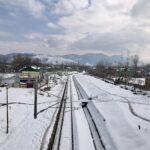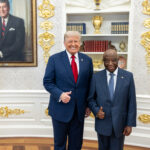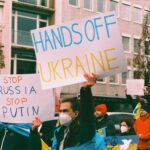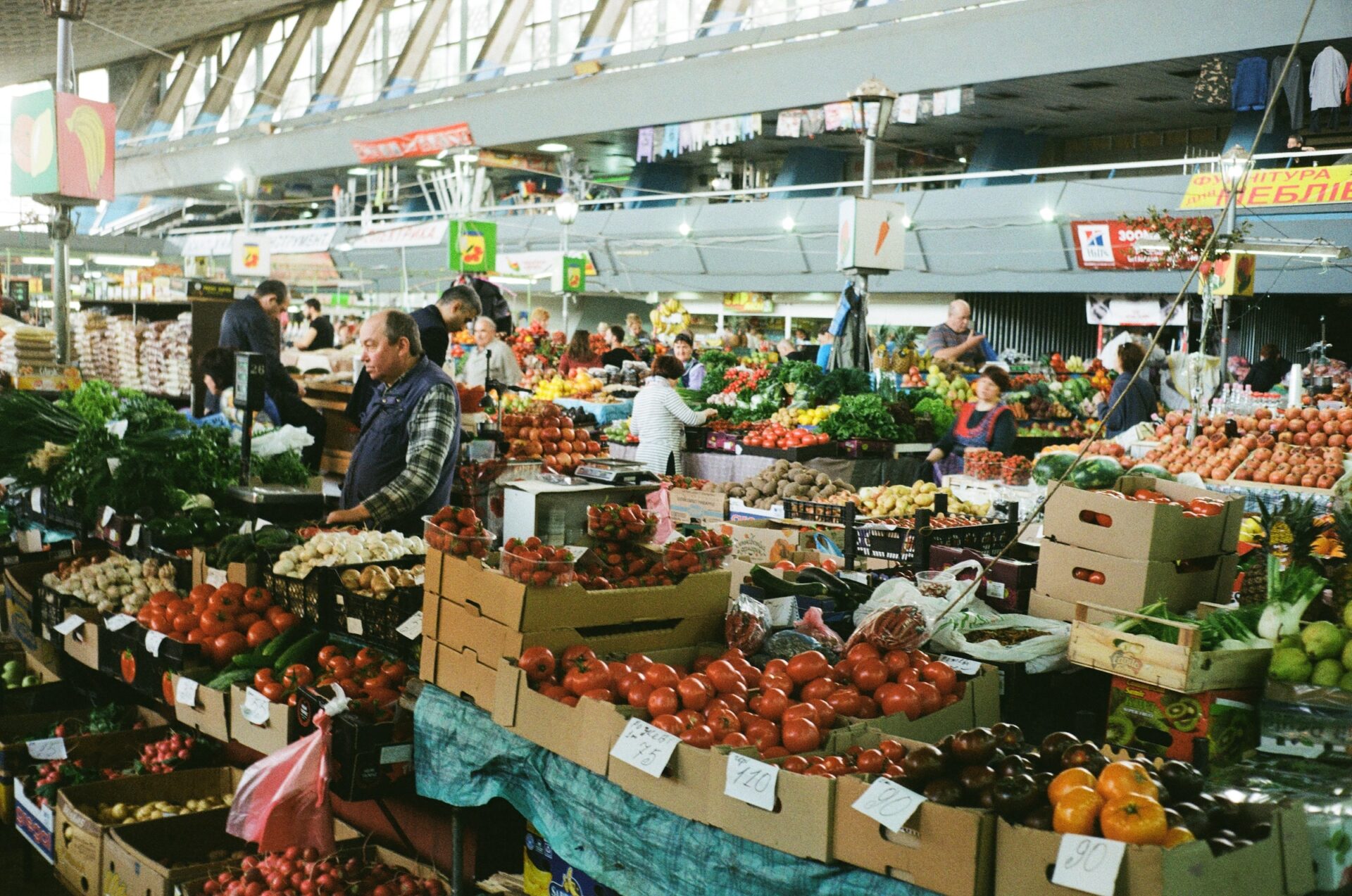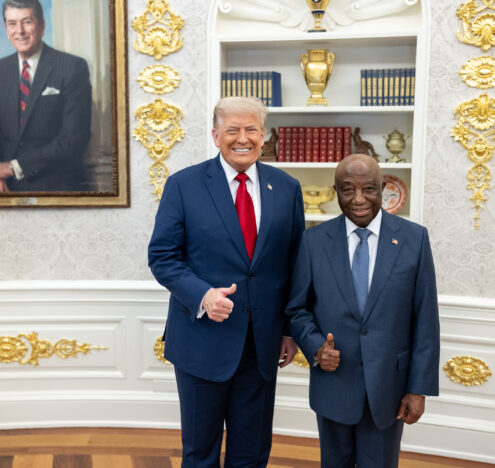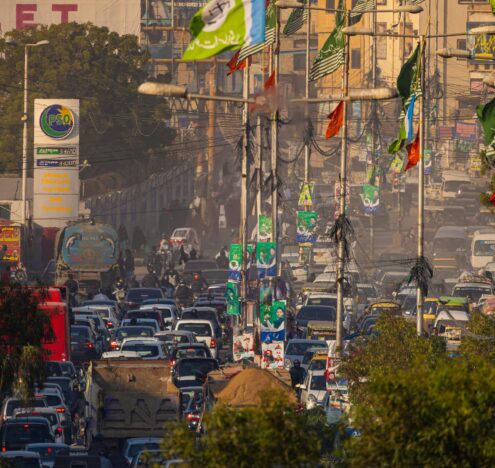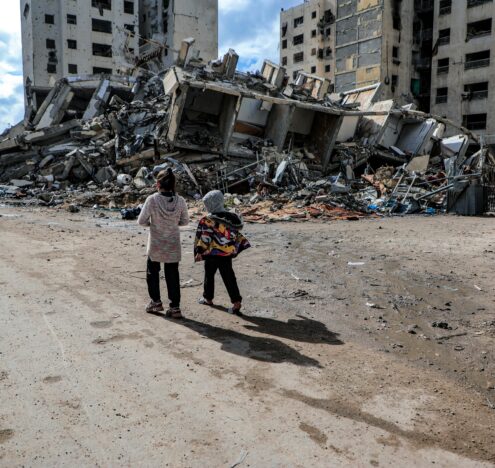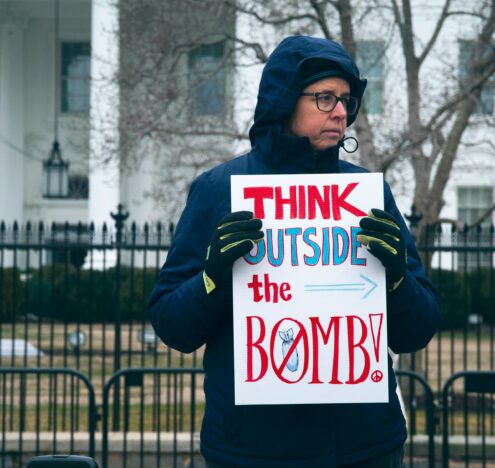Geopolitics has an unlikely star in 2023. It is not a person, some new technology, nuclear warheads, or even oil. This has been the year of food in international politics.
From Ukraine’s grain silos and Black Sea ports to the mountain pass between Nagorno-Karabagh and Armenia, food has been used as a weapon of choice in international conflict this year. The reach of food politics has extended beyond some of the poorest nations in the world, where low incomes, inequality, and conflict cause chronic bouts of food vulnerability. Middle-power states are now both using and are targeted by the use of food as a weapon.
Why now? By putting unprecedented pressure on international logistics networks, the COVID-19 pandemic revealed how interconnected, complex, and vulnerable the world has become. It revealed how easily basic necessities needed for survival can be exploited as a tool in international conflict. As the UN General Assembly gears up for its annual meeting this week, food security is on the agenda again, but only as addendums to its climate change and sustainable development summits. The intersections of food security with conflict and geopolitics deserve more attention from the international community.
The return of food to the forefront of diplomacy and negotiations reminds us that questions of sustenance and survival are never far from the surface. States need to redouble their efforts to ensure the basic necessities of life for their citizens and better manage the risks associated with our extensive reliance on international trade and logistics networks.
Russia is Weaponizing Food in Its War on Ukraine
President Vladimir Putin has openly used food as a weapon since the beginning of his wholescale invasion of Ukraine. His forces targeted Ukrainian agricultural infrastructure, degrading its ability to export grain. While economic warfare is nothing new, the Kremlin’s overt attempts to hold grain hostage from global markets were unexpected. It contributed to the return of widespread food insecurity at a time of global economic instability. States from Central Africa to the Middle East had to scramble to find new and more stable sources of grain.
The optimism of the post-Cold War era led many states to entrust their food security to global markets. The idea that markets lead to efficient allocation of resources, and therefore to more competition and lower prices for agricultural commodities, was a risky substitute for intentional food security policies.
Reopening the grain trade in the Black Sea became a global concern and gave a diplomatic lifeline to another regional actor — President Recep Tayyip Erdoğan of Turkey. Ailing from self-inflicted wounds to his country’s economy and a tarnished reputation in international circles, Erdoğan positioned himself as a dealmaker between Ukraine and Russia. The Black Sea grain deal brokered by him and the UN enabled Ukraine to export more than 30.3 million tons of grain in one year until Russia’s withdrawal from the deal in July 2023. Putin and Erdoğan held another, much-publicized meeting on September 4, 2023, with the hope of reviving the grain deal, without success. Putin cited his grievances with the previous agreement as well as with Western economic sanctions. As if the world needed more convincing of Russian resolve, the Kremlin authorized drone attacks on two Ukrainian ports on the Danube that targeted critical agricultural infrastructure on the same day.
While the Ukrainian grain blockade remains unresolved, the same meeting in Sochi between Erdoğan and Putin revealed another diplomatic attempt to ease food insecurity in six African states. Russia revealed that it is working with Turkey and Qatar on a plan to “supply Burkina Faso, Zimbabwe, Mali, Somalia, the Central African Republic and Eritrea with up to 50,000 tonnes of grain each free of charge.” If successful, this agreement would be separate from the Black Sea deal and could ease some of the burden suffered by these states in 2023.
The movement of Ukrainian and Russian grain affects the lives of the poor by influencing food prices. It also significantly shapes global politics. It is a weapon in the hands of Putin to wield against Western economic sanctions. It is an opportunity for Erdoğan to salvage some of his international prestige. It also serves as a way for Qatar to continue punching above its weight in international relations.
Facing Hunger in Nagorno-Karabagh
The Russia-Ukraine War is not the only arena where food has been weaponized. It is also at the center stage of the conflict between two smaller powers: Azerbaijan and Armenia. A limited war between the two states in 2020 saw Azerbaijan reassert its authority over much of the disputed Nagorno-Karabagh territory. The petro-state has escalated the conflict by blockading the Lachin corridor that connects the Armenian enclave to Armenia proper. This put a severe strain on food availability in Nagorno-Karabagh and raised concerns over malnutrition and perhaps even starvation and genocide. Azerbaijan asserts that the Lachin corridor is not the only viable route to the region, and that residents could access food and other necessities if the two sides agree to open a simultaneous road through Aghdam in Azerbaijan proper.
In an attempt to consolidate its control over the disputed territory, Azerbaijan squeezed the Lachin corridor chokepoint. Its strategy is to force the ethnic Armenian inhabitants of Nagorno-Karabagh to connect the territory to Azerbaijan, rather than (or in addition to) neighboring Armenia. The empty shelves in the markets of Stepanakert, the disputed region’s capital, has become the conflict’s new symbol. The choice imposed on the residents of Nagorno-Karabagh by Baku is simple: reconnect with Azerbaijan or face the threat of hunger.
The resurgence of food warfare and diplomacy is a stark reminder that concerns over the basic necessities of life are intrinsic to international security. The optimism of the post-Cold War era led many states to entrust their food security to global markets. The idea that markets lead to efficient allocation of resources, and therefore to more competition and lower prices for agricultural commodities, was a risky substitute for intentional food security policies. Protecting citizens from food insecurity, whether it is a result of global supply disruptions or outright weaponization, is ultimately the state’s responsibility, and something that needs to be a priority at the ongoing 78th UN General Assembly.
The year of food in international politics may serve to reorient some of our priorities in national security.





